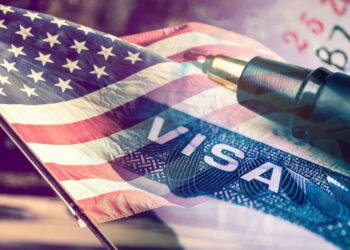Running the day-to-day affairs of any government in any part of the world is a daunting task. This is even more so in a nation that prides itself on a stranglehold of its decentralized way of governance—a system that has been perfected in its administration over time. But this is about to change somewhat, and the revered existence of the World Economic Forum (WEF) will be put to the test via voting by the Swiss people.
Davos, a pristine conurbation with a population of about 11,000 people, has played host to the gathering of world leaders, heads of governments, diplomats, technocrats, executives, champions of industry, and the who’s who in the world of economics and policy makers for the greater part of 53 years.
New rules, to be introduced by the Swiss government, will ensure that only paying participants at the annual Davos gathering will be allowed access to the region. This, of course, will exempt delegates who are entitled to free passes, such as governments, media, and NGOs.
With an unofficial number of participants running into about 10,000 yearly, a number that has seen steady growth each year, the government is poised to stem the influx of opportunists who take advantage of the WEF for side events and informal meetings. Hence, the call for Swiss voters to determine the government’s decision to curtail who can rent their facilities during the WEF.
There are those who have not taken this decision well—as they’ve made a fortune from leasing their facilities for quick cash during the WEF. Even the Homeowners Association is strongly campaigning for a “Nein” vote.
The June 9, 2024 date set aside by the council for the all-important vote will serve as a litmus test of the government’s stoic stance in the governance of the beautiful town of Davos, as it raises the question: Is Davos on the brink?









